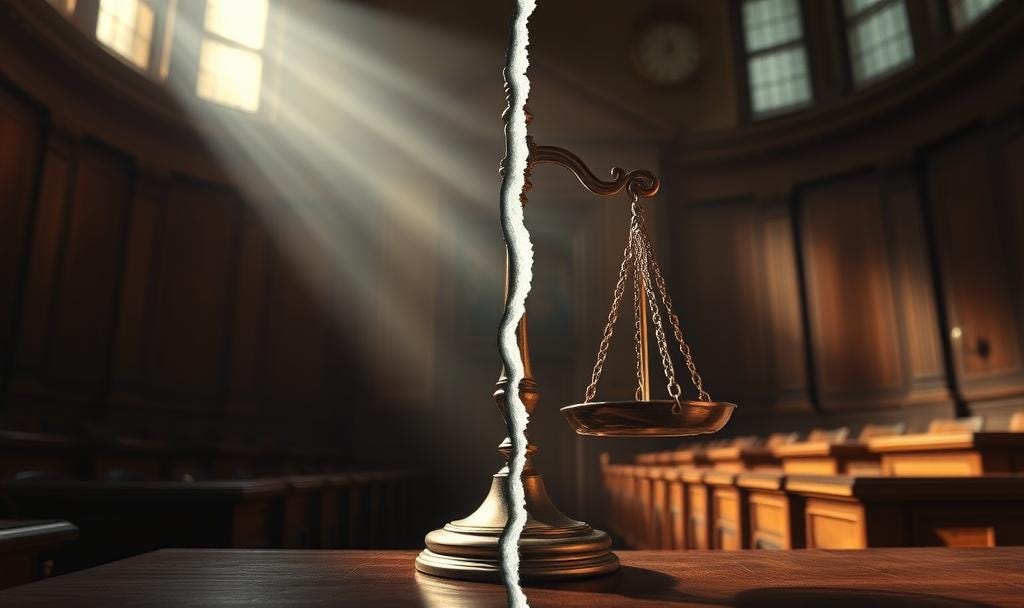The Law Is Equal — But the System Isn’t
Why the constitutional promise of equality before law remains unfulfilled without systemic reform
India’s Constitution begins with a bold commitment: equality before the law.
But in practice, the system still treats people very differently based on class, caste, gender, region, access, and influence.
Two people can commit the same offence, but:
One gets anticipatory bail. The other awaits trial in jail.
One hires a senior counsel. The other is barely assigned a legal aid lawyer.
One gets heard quickly. The other watches their file gather dust.
This isn’t just anecdotal. It’s structural inequality.
The truth is: the law doesn’t operate in a vacuum.
It operates in a country where wealth creates access, where language decides reach, and where power often bends procedure.
Yes, laws are important. But unless courts, police, legal aid systems, and public awareness evolve, equality before the law will remain a poetic promise, not a practical reality.
We cannot demand justice from a structure that hasn’t been made just in the first place.
We need more than legal equality. We need systemic fairness.
📜 Subscribe if you want grounded legal commentary that goes beyond the black letter of the law.
📢 Share this with someone who still believes “everyone is treated equally in court.”
💬 Have you witnessed or experienced legal inequality? Let’s talk in the comments.
#JusticeWithAngana #EqualityBeforeLaw #StructuralInequality #LegalSystemIndia #TuesdayLegalView #WomenInLaw #ConstitutionalReality





